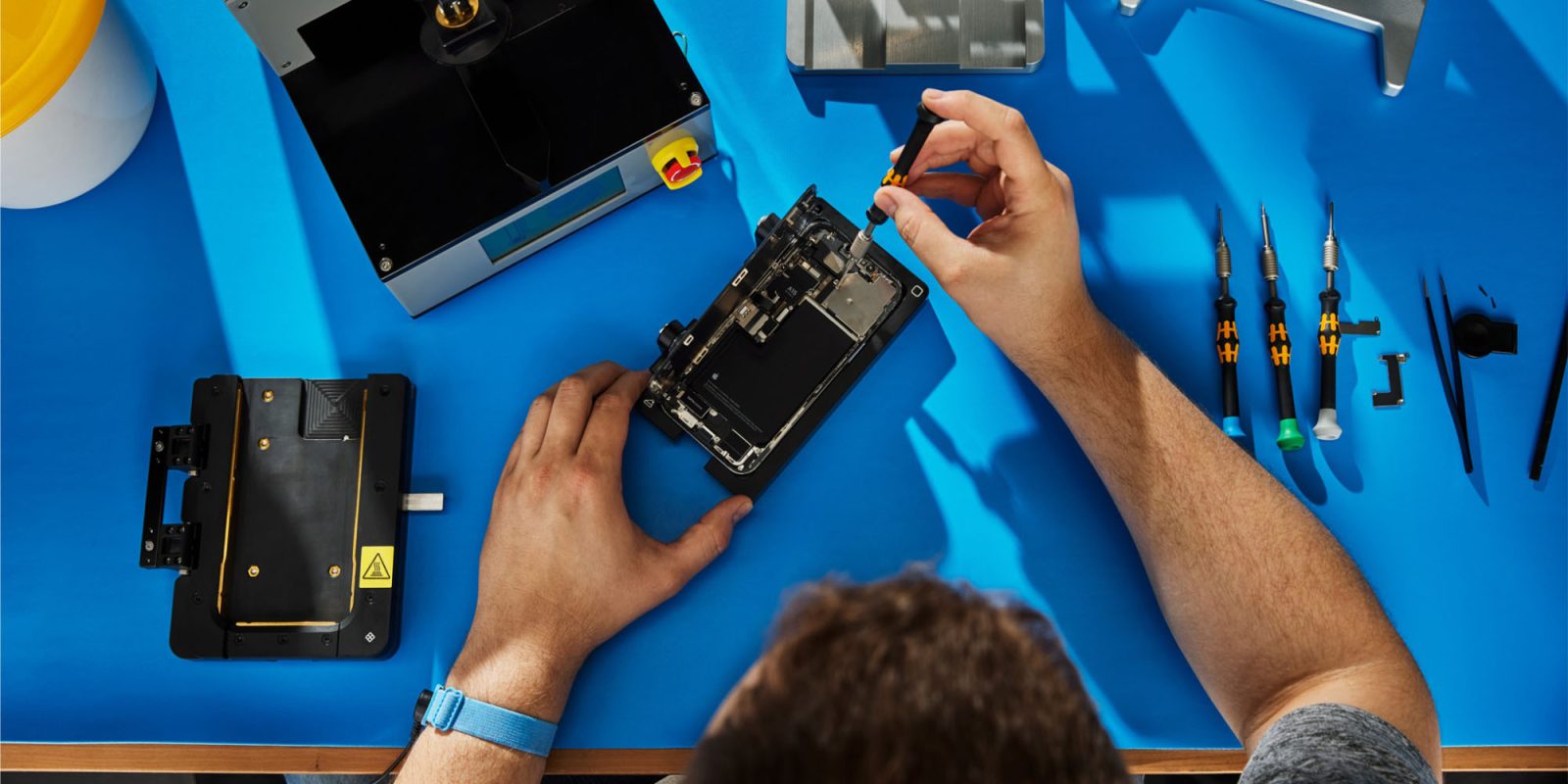
Here’s an early Earth Day victory for the planet we all inhabit. Apple is relaxing the rules for its repair policies to allow used genuine parts for the first time. The change will apply to select iPhones and go into effect this fall.
Apple’s SVP of Hardware Engineering and maybe-future-CEO-who-knows John Ternus emphasized the environmental impact of the policy change:
lockquote class=”wp-block-quote”>
“At Apple, we’re always looking for new ways to deliver the best possible experience for our customers while reducing the impact we have on the planet, and a key part of that means designing products that last,” said John Ternus, Apple’s senior vice president of Hardware Engineering.
“For the last two years, teams across Apple have been innovating on product design and manufacturing to support repairs with used Apple parts that won’t compromise users’ safety, security, or privacy. With this latest expansion to our repair program, we’re excited to be adding even more choice and convenience for our customers, while helping to extend the life of our products and their parts.”
lockquote>
Apple explains that the repair policy change extends to biometric sensors as well:
lockquote class=”wp-block-quote”>
Apple teams have been hard at work over the last two years to enable the reuse of parts such as biometric sensors used for Face ID or Touch ID, and beginning this fall, calibration for genuine Apple parts, new or used, will happen on device after the part is installed. In addition, future iPhone releases will have support for used biometric sensors.
lockquote>
Also making news, Apple is changing its requirement for a device serial number when ordering parts:
lockquote class=”wp-block-quote”>
And in order to simplify the repair process, customers and service providers will no longer need to provide a device’s serial number when ordering parts from the Self Service Repair Store for repairs not involving replacement of the logic board.
lockquote>
Finally, there’s an Activation Lock element to the change to ensure stolen phones aren’t sold off for parts:
lockquote class=”wp-block-quote”>
Apple will also extend its popular Activation Lock feature to iPhone parts in order to deter stolen iPhones from being disassembled for parts. Requested by customers and law enforcement officials, the feature was designed to limit iPhone theft by blocking a lost or stolen iPhone from being reactivated. If a device under repair detects that a supported part was obtained from another device with Activation Lock or Lost Mode enabled, calibration capabilities for that part will be restricted.
lockquote>
You can read the full announcement on Apple’s website here. We’ll update you as the changed announced today go live later this year.
FTC: We use income earning auto affiliate links. More.



![[CITYPNG.COM]White Google Play PlayStore Logo – 1500×1500](https://startupnews.fyi/wp-content/uploads/2025/08/CITYPNG.COMWhite-Google-Play-PlayStore-Logo-1500x1500-1-630x630.png)